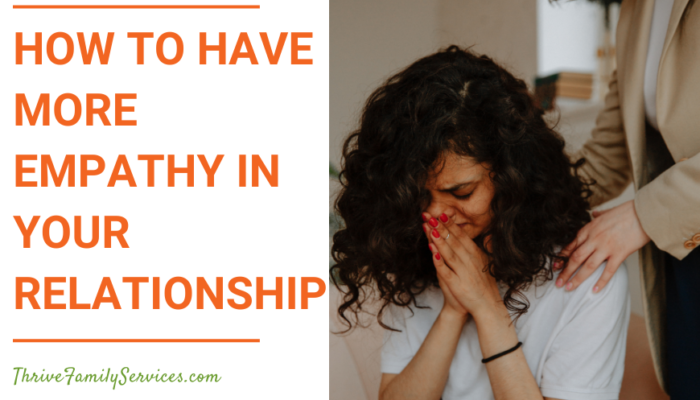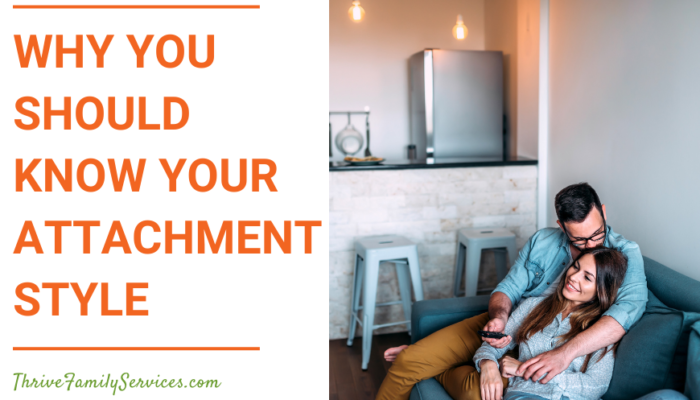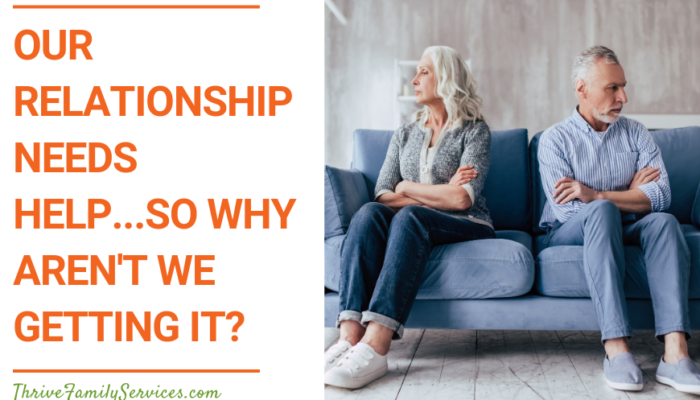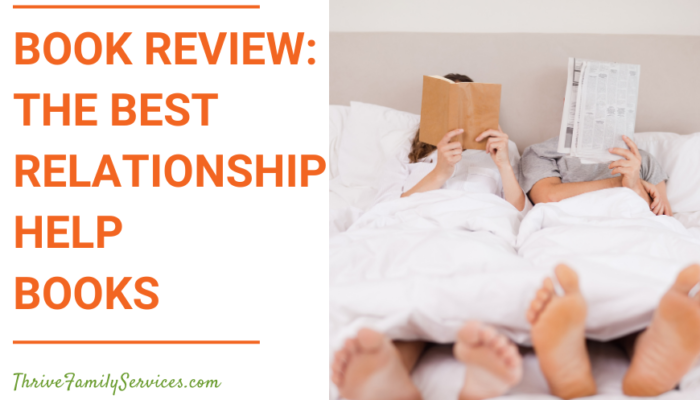How to Have More Empathy in your Relationship (and the top 2 beliefs blocking it)
Lots of couples can really struggle with how to respond to the other’s feelings. When we meet with new couples, we often hear complaints about empathy that sound like:
- She just doesn’t get me.
- I can pour my heart out to him, and he is silent. It’s like he has no heart!
- He tries to fix me or give me solutions instead of just listening. It’s so frustrating!
- She always ends up talking about herself when I’m trying to tell her something.
- He takes everything so personally that I never get to talk about what I’m feeling.
Do any of these complaints about lack of empathy sound familiar? These communication break downs happen all the time in couples.
The consequences of not feeling empathy from your partner can be very serious for the relationship, resulting divorce or break-up.
The most tragic part of these empathy break-downs is that people can draw incorrect conclusions – very serious ones. Those conclusions can be about the relationship or about the other person’s feelings for you. Examples:
- “I’m never going to get my needs met in this relationship.”
- “He must not care about me.”
- “She doesn’t want to hear about my feelings; she only wants to dump on me.”
If you’re feeling any of these, or have heard your partner saying them, please find a well-trained Denver couples therapist right away. This is urgent because not feeling cared for has been shown to be highly predictive of divorce and break up.
Is it true there’s no empathy? Or, is it something else?
You see, it could simply be that you or your partner want very much to be empathetic, you just don’t know how. Or, you are getting stuck in negative patterns of communication that block responses that would tell you that you are heard, understood and responded to with caring and love.
Many people want to provide loving response to their partners, but just don’t know how. Or, they think they’re doing it already, only to end up in argument after argument about being unhappy in the relationship.
Here are our top tips for becoming an empathy rock-star and listener in your relationship. First, you need to know what it takes to be a good listener, with empathy and compassion.
Relax, you shouldn’t already know these things. Many people have to learn them and continue to work at them. Think of empathy like a muscle that we want to start working out at the gym.
Listening with Empathy and Compassion Involves
• Really listening and staying in the present moment
• Allowing yourself to feel what the other is feeling (using your imagination to put yourself in that person’s shoes)
• Staying with their experience & feeling (not changing the subject)
• Offering reassurance as needed that you are there, that you want them to share their experience
• Sharing (briefly) how it affects you to hear this person’s story
• Waiting for their cue if/when they want help, ideas, encouragement. Basically, wait until they say what they need from you.
In addition to knowing some of the key skills to be empathetic, you also need to know what gets in the way of being an empathetic, good listener. Again, don’t worry if you do lots of these. Many of us do. We just want to start catching ourselves when we do them.
Here are the top empathy blockers:
- Planning your response or pressure ourselves to fix it or have the perfect response.
- Giving advice:
- You should…
- Have you tried…?
- One time, I was able to solve that problem by…
- Problem solving:
- What can I do?
- I’ve tried to help you by ____, but I don’t know what else you want me to do!
- Telling a story of your own or sharing your hurt to trump the other’s
- Well I can relate because…
- My hurt is bigger than yours because…
- Changing the subject / attempting to distract
- Cheerleading – fairy dust sprinkling – silver lining drawing
- You can do it!
- It will get better
- Think about how…
- At least….
“Rarely, if ever, does an
empathetic response begin with
“at least.”
Brené Brown
Being an empathy rock star to your partner may be as simple as slowing yourself down, feeling with this person you love (even if you don’t understand it or feel differently), and letting them know you really care and want to understand.
Top Two Beliefs that Contribute to Blocked Empathy
From our experience as couples therapists, there are two underlying beliefs that can really get in the way of you showing empathy:
1. You have a mistaken belief that your job is to make your partner happy – all the time.
Now, this may sound silly reading it aloud in your head. Of course no one’s happy all the time. That’s a totally unrealistic expectation to place on your partner or yourself, or life for that matter.
However, if you have this mistaken belief, and your partner starts to share about something making them unhappy, you are likely to start to worry or even panic that you are failing somehow.
And guess what? This is going to get in the way of you responding well to them.
It’s OK to be uncomfortable when the people we love are unhappy. Why wouldn’t you want your kids, friend, or partner to be happy?
However, see if you can catch yourself before reacting from this fearful, feelings squashing place. Tell yourself instead that your job is to be with the people you love when they’re upset. You don’t want them to be alone in that upset or to feel like you won’t be there to listen.
2. You believe you are giving empathy when you are not. You don’t realize you are responding habitually in a way that shuts down the communication.
You also have no idea what else to do instead of the thing you do. This one’s tough because it’s hard for most couples to see themselves when they are caught in negative, repeating patterns.
Ask yourself – how does it go when my partner tries to share things with me? Do I tell them (out loud) that I want to understand them, want them to come to me, that I care that they are hurting?
Even if you don’t have the foggiest idea of what to do or say, just being there can be incredibly powerful.
“I don’t know what to say, but I’m so glad you told me.” – Brené Brown
It comes as a huge surprise to many people that they don’t have to do anything besides listen and care.
If you feel like you and your partner or spouse get stuck in patterns where you sometimes don’t feel heard, cared for, and responded to, please come to us for help. You may just be stuck behind some empathy blocks. Denver couples counselors: 303-513-8975, X1, or schedule online at: Schedule Appointment




